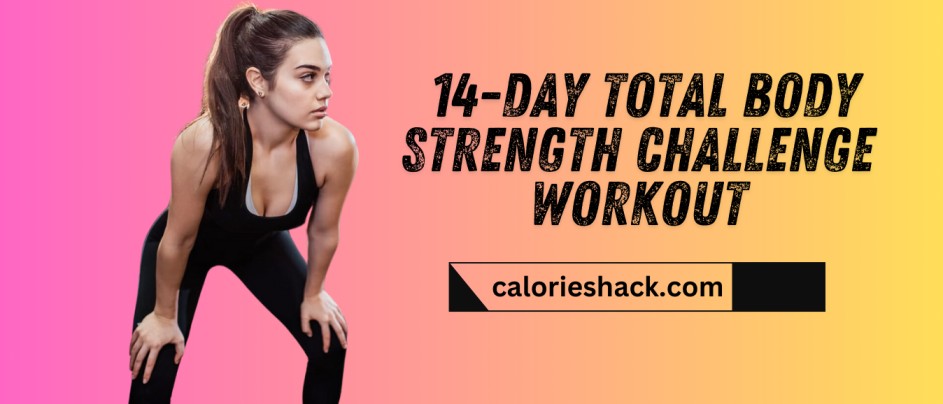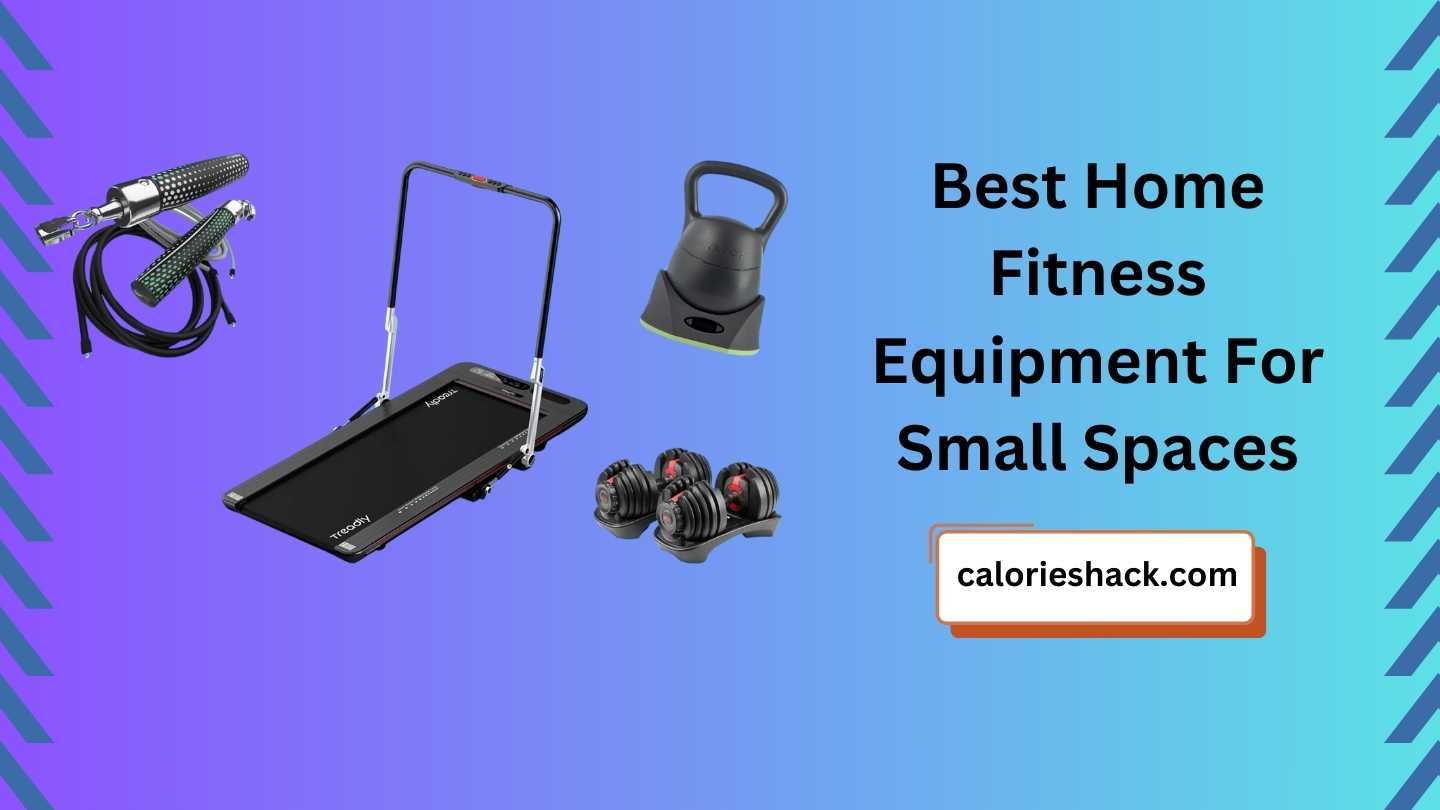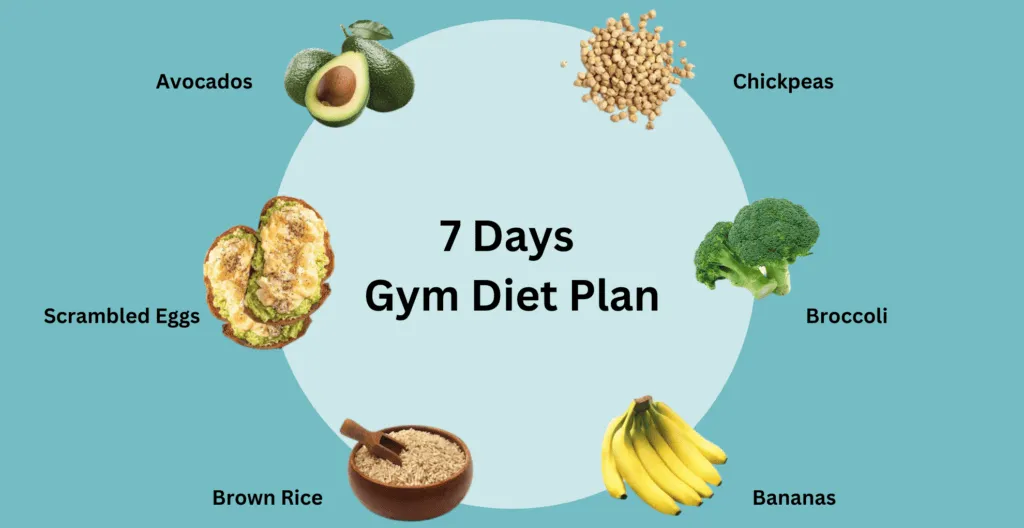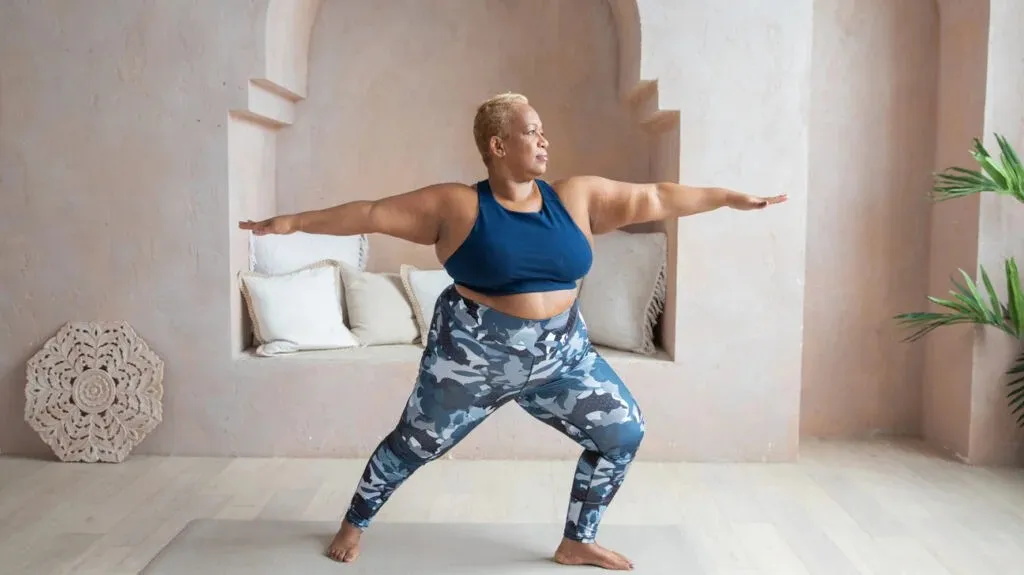Many people ask the same question before starting a fitness plan: how long should a workout be to be effective? The truth is, there is no one-size-fits-all answer. The best workout time depends on your fitness goals, lifestyle, and workout type. Some people see results with just 20 minutes of daily exercise, while others may need 60–90 minutes.
This guide will break down the science, expert advice, and real-life examples to help you understand how long you should train for the best results. By the end, you’ll know exactly what works for weight loss, muscle gain, cardio fitness, and overall health.
How Long Should a Workout Be to Be Effective?

Experts agree that most workouts fall in the range of 30 to 90 minutes. Shorter workouts can be effective if they are intense, like HIIT (High-Intensity Interval Training). Longer workouts may be needed for strength building or endurance training.
The right duration depends on:
- Your goal (weight loss, strength, flexibility, endurance)
- Your fitness level (beginner, intermediate, advanced)
- Your workout style (cardio, weight training, yoga, sports)
In simple terms: Your workout should be long enough to challenge you, but not so long that it leads to exhaustion or injury.
Read also: Low-impact exercises for overweight beginners
Factors That Decide Workout Length
Fitness Goals: Weight Loss, Strength, or Endurance
- Weight Loss: To burn calories, experts recommend 30–60 minutes of exercise most days. Cardio and circuit training are especially effective.
- Strength Training: Building muscle often requires 45–75 minutes, including rest periods between sets.
- Endurance Training: Runners, cyclists, or swimmers may spend 60–120 minutes or more training for stamina.
Key Insight: The purpose of your workout directly changes how long it should last.
Workout Type: Cardio, Strength Training, HIIT, or Yoga
- Cardio Workouts: For fat loss and heart health, 30–60 minutes is common. Walking, running, cycling, or swimming all fall here.
- Strength Training: Usually 45–75 minutes, depending on the number of sets and rest periods.
- HIIT: Very short but powerful. Just 15–30 minutes can give great results.
- Yoga & Flexibility Workouts: Typically 20–60 minutes, focusing on balance, relaxation, and stretching.
Example: A 20-minute HIIT workout can burn as many calories as a 45-minute jog.
Intensity Level and Recovery Needs
Workout intensity has a big impact on time:
- High-intensity training → shorter sessions (20–40 minutes)
- Moderate intensity → medium sessions (40–60 minutes)
- Low intensity → longer sessions (60–90 minutes)
Recovery time also matters. Overdoing it can cause injuries, while balanced workouts with rest days improve long-term results.
Ideal Workout Duration for Different People
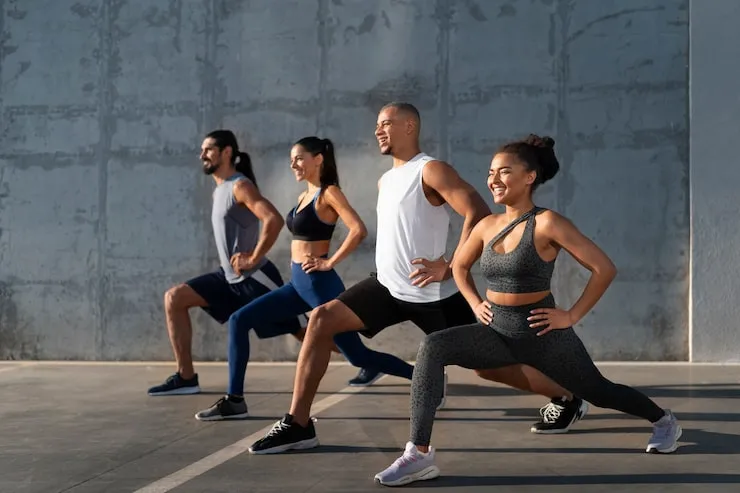
How Long Should a Beginner Workout Be?
Beginners should start with 20–40 minutes. This is enough to improve fitness without risking overtraining.
- Start with light cardio or bodyweight exercises.
- Gradually increase time as your stamina improves.
Common beginner mistake: Working out too long, too soon. This leads to soreness and loss of motivation.
Intermediate and Advanced: How Long Should You Work Out at the Gym?
- Intermediate: 45–60 minutes is ideal. Balance cardio, strength, and flexibility.
- Advanced: 60–90 minutes, especially if training for competitions or muscle growth.
Most advanced athletes split their routines into different days (push, pull, legs) instead of doing everything at once.
Busy Lifestyle: Can Short Workouts Be Effective?
Yes! Research shows that short workouts (15–30 minutes) can be highly effective if done with intensity.
Examples:
- 20-minute HIIT session
- 15-minute bodyweight workout at home
- 30-minute brisk walk
For people with tight schedules, consistency matters more than workout length.
Science-Backed Guidelines on Workout Duration
Expert Opinions: What Trainers and Doctors Recommend
- Dr. Michael Joyner (Mayo Clinic): “Even 30 minutes a day of moderate exercise can improve health if done consistently.”
- ACE (American Council on Exercise): Recommends 150 minutes of moderate exercise per week, which equals about 30 minutes per day, 5 days a week.
- Certified Trainer Anna Roberts: “Focus on workout quality. A well-planned 30-minute workout can outperform an unstructured 90-minute session.
Research Studies on Exercise Time and Effectiveness
- WHO (World Health Organization): Suggests 150–300 minutes of moderate exercise per week for adults.
- Journal of Sports Medicine: Found that HIIT sessions as short as 15 minutes can boost cardiovascular health.
- American Heart Association: At least 30 minutes of daily physical activity reduces the risk of heart disease.
How to Make Workouts Effective Regardless of Time

Quality Over Quantity in Fitness Training
A 30-minute focused workout is better than a 90-minute distracted one.
- Use proper form.
- Limit phone use at the gym.
- Push yourself with intensity.
Importance of Warm-Up and Cool-Down Time
Every workout should include:
- Warm-up: 5–10 minutes to prepare muscles.
- Cool-down: 5–10 minutes to recover and prevent stiffness.
Skipping these makes workouts less effective and increases injury risk.
Rest Days and Recovery for Long-Term Success
- Rest days give muscles time to repair and grow.
- Without recovery, workouts lose effectiveness.
- Even professional athletes schedule recovery days.
Read also: Cycling Vs Running For Weight Loss Benefits
Sample Workout Durations by Goal
How Long Should a Workout Be for Weight Loss?
- Cardio or HIIT: 30–60 minutes
- Consistency and calorie burn matter most
How Long Should a Workout Be for Muscle Gain?
- Strength training: 45–75 minutes
- Include rest periods between sets
How Long Should a Workout Be for Cardio Fitness?
-
30–60 minutes of moderate cardio, 3–5 times per week
How Long Should a Workout Be for Flexibility & Yoga?
- 20–60 minutes
- Daily short sessions are highly effective
Common Mistakes with Workout Duration
- Overtraining: Long workouts without recovery → fatigue & injury
- Undertraining: Too short with no intensity → limited results
- Ignoring Rest: Not allowing body to heal → slower progress
Expert Quotes & Insights
- Dr. Sarah Johnson, Sports Medicine Expert: “Effective workouts are not about time, but about effort and consistency.
- Coach David Miller, Personal Trainer: “I’ve trained clients who saw better results in 30 minutes of focused training than others who spent 2 hours without structure.
- Nutritionist Emily Ross: “Pairing 30–45 minutes of exercise with a balanced diet is the fastest way to see real results.
Conclusion
So, how long should a workout be to be effective For most people: 30–60 minutes per session is enough. Beginners may start with 20 minutes. Advanced athletes may go up to 90 minutes. The secret is not the clock. The secret is consistency, intensity, and balance. Choose a workout time that fits your lifestyle. Stick to it. Add variety. Take rest days. That’s the recipe for long-term fitness success.
FAQs on Workout Duration
Q1: Is 30 minutes enough for a workout?
Yes, if you stay consistent and focus on intensity.
Q2: Can a 10-minute workout be effective?
Yes. Quick HIIT or stretching can still boost health, especially for busy people.
Q3: How long should a workout be for teenagers?
About 60 minutes of physical activity daily, including play, sports, and exercise.
Q4: Do longer workouts burn more fat?
Not always. Intensity, not just time, is the key to fat burning.
Q5: Should rest time be included in workout duration?
Yes, especially in strength training, rest between sets counts toward workout time.





